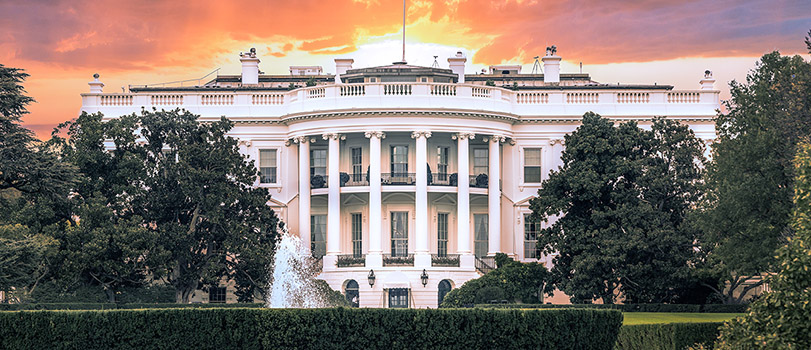Trump Administration Targets Paper Straws (Again)

In an Earth Day 2025 announcement, President Trump asserted that his Administration is “bringing common sense back to our beverages.” The Administration’s message references a 36-page report by the White House Domestic Policy Council titled, National Strategy to End the Use of Paper Straws, published in March 2025. Suggesting that replacing plastic straws with paper alternatives is not justified, the report states, “[t]he Administration will adopt a government-wide approach to target paper straws through clear government communications, efficient government procurement, and the promotion of health and safety.”
The White House report follows a line of prior actions by the President disparaging paper straw mandates and taking actions to eliminate them. In February 2025, President Trump issued Executive Order 14208, “Ending Procurement and Forced Use of Paper Straws,” a brief EO that directs the heads of federal agencies to “take all appropriate action to eliminate the procurement of paper straws and otherwise ensure that paper straws are no longer provided within agency buildings.” Prior to the election, Trump used paper straws as a symbol of environmental overreach during his speeches and rallies. His campaign once sold plastic straws branded “Trump 2020” and marketed them under the slogan “liberal paper straws don’t work.”
The March 2025 White House report asserts that “[n]ot only are paper straw mandates flawed in their alleged scientific backing, they’re also bad for humans and the environment.” A significant part of the report focuses on per- and polyfluoroalkyl substances (PFAS) in paper straws, the human health and environmental concerns associated with PFAS, and the U.S. Food and Drug Administration (FDA) phase-out of certain PFAS used in food packaging. With respect to PFAS found in paper straws, the White House report cites studies that theorized the PFAS detected in paper straws may be due to contamination rather than intentional use for their water-repellant properties.
The report’s authors acknowledge that “[t]he amount of PFAS in paper straws does not necessarily constitute a public health emergency,” yet cite concerns over widespread exposure to PFAS as one justification for rolling back the switch to paper alternatives. The authors go so far as to direct FDA to “promptly consider [whether] the health and safety risks posed by paper straws” justify a ban on the use of PFAS in paper straws.
“While FDA could consider future regulations targeting PFAS in food packaging, paper straws are likely a more pressing concern,” according to the report.